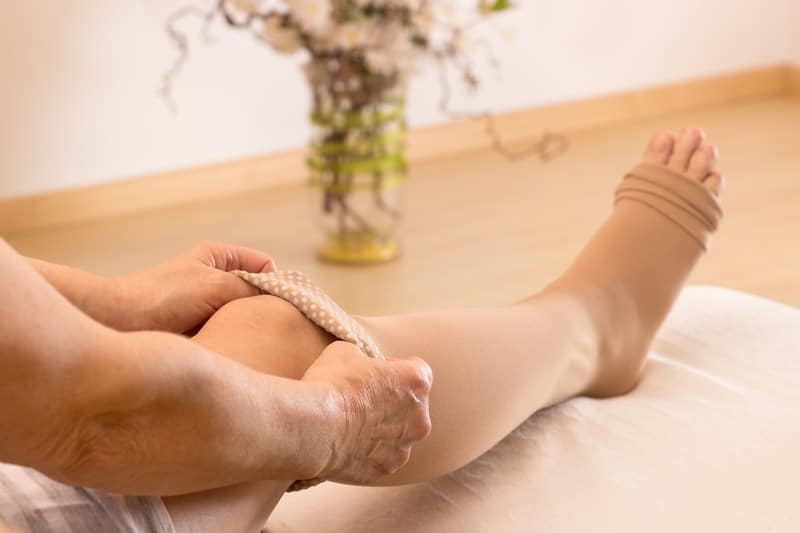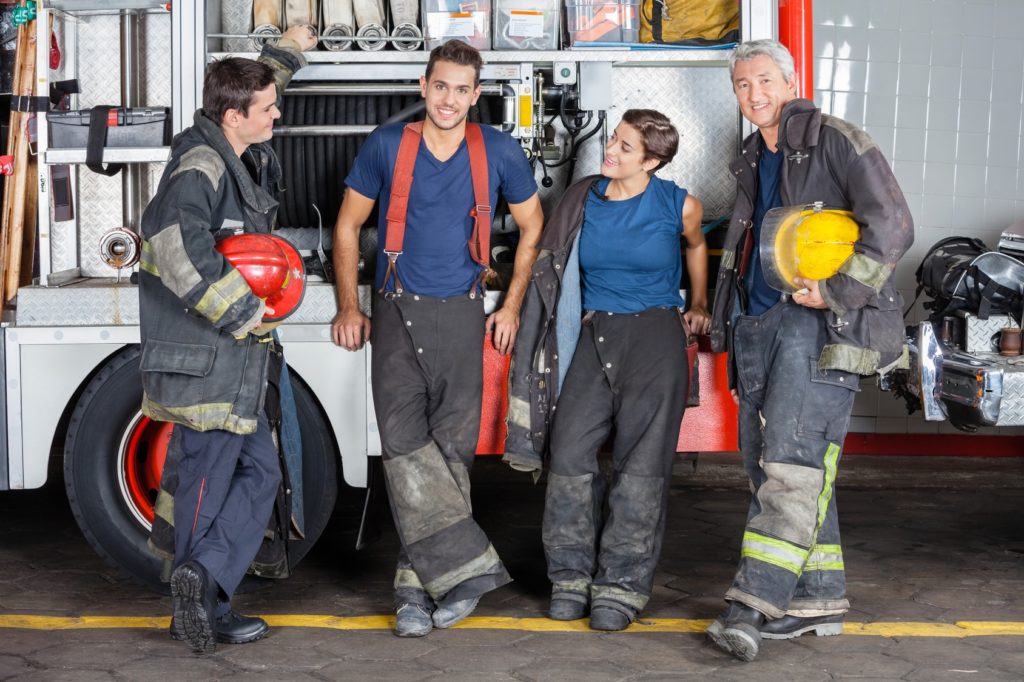How painful is Varicose Vein Treatment?
In the second of this educational video series, Jilanne Rose talks about the pain involved in various Varicose Vein Treatments. In some cases it's negligible!
Transcript
The ease with which we can eliminate varicose veins depends solely on what type of underlying problems you have. That question can’t be easily answered until after a thorough evaluation including an ultrasound. The discomfort that comes along with treatments for varicose veins varies with the type of treatment that you have.
1) With sclerotherapy, which is the least invasive type of vein treatment that is used to treat smaller veins that are closer to the surface of the skin, the discomfort is only with the treatment and that involves injecting them with a solution that causes them to close off permanently. The discomfort is with the needle puncture and you have some slight itching similar to a mosquito bite for about an hour afterwards. Then you don’t have any discomfort with that treatment after that.
2) With a VenaSeal, which is the newest FDA approved procedure, it uses an adhesive to close the larger veins off. With that treatment you have the discomfort with the treatment itself. I have found after doing several of them, most patients do not have any discomfort post procedure, even a few hours after or a few days after.
3) The final treatment is thermal ablation and that uses heat energy to close the veins off from the inside. There are both lasers and radiofrequency closures. With those treatments the discomfort with the procedure comes in the fact that we surround these veins with numbing medicine in order to prevent you from feeling the discomfort of this type of energy. The numbing medicine lasts about four hours and as it wears off most people are stiff and sore for several days afterwards. The best thing you can do for that discomfort is to stay active. The more you are up and moving the less discomfort you will have.
Varicose Veins worse in Summer Heat? If it seems like your varicose veins symptoms seem to worsen in the summer heat—especially for those of you who live in hot climates like Arizona—you are not imagining it. Talk to a qualified vein specialist and they will tell you that heat does have an effect on your…
Read MoreLet’s face it—a big part of the reason that you are in Arizona is because you don’t enjoy golfing in the snow or hiking in the rain. And now that you are here, there is no reason to let anything get in the way of your active life—not even the discomfort of varicose veins. Although…
Read MoreYounger adults in the U.S. are searching for options to deal with varicose veins…REALLY? Health and Google statistics are starting to show that younger and younger people are seeking treatment for conditions such as varicose veins, chronic venous insufficiency (CVI), and other health conditions usually associated with older adults. Health officials are attributing this…
Read MoreHas a woman ever said she loves wearing high heels because they are just so comfortable? Uh uh. Or because it is just so easy to walk in them? Not likely. High heels are popular because of the way they make the legs of the wearer appear.
Read MoreIf you just googled “compression stockings for varicose veins” to find this article, you are far from alone. Millions of Americans have looked at compression stockings as a non-surgical alternative to help deal with the discomfort of varicose veins and other peripheral vascular concerns. Perhaps not knowing that there are newer, effective, and minimally invasive procedures…
Read MoreIt can hurt to care–just ask any nurse. As a profession, nurses experience some of the highest rates of varicose veins and Chronic Venous Insufficiency (CVI) in the country. In fact, in one study by the NIH, 63 per cent of participating nurses were shown to have at least one sign of CVI. Nurses will know…
Read MoreOne might think that the biggest cause of injury among American firefighters would be burns and collapsing structures. However, more than just skin and bones, it is the firefighter’s vascular system that is at risk. There are a number of reasons why firefighters are especially susceptible to vascular injury, and why they in particular need…
Read MorePerhaps the most important thing to know about Radiofrequency Vein Ablation, is that it has a high success rate in treatment of varicose veins. Additionally, it is minimally invasive, minimally painful, has low rates of complication, can be performed in-office, and has a very rapid recovery time, usually about a day. The Venous Ablation Process…
Read MoreThe concern about having or developing Chronic Venous Insufficiency (CVI) is a great reason to have your varicose veins fully assessed by a qualified Vein Specialist. Why should I be concerned about the symptoms of Chronic Veins Insufficiency? Chronic Venous Insufficiency, also known as Venous Reflux Disease or Venous Stasis, refers to a condition of inadequate…
Read MoreCan Varicose Vein Pain be Eliminated? It is the end of a long day, and suddenly you realize that the varicose veins that you barely considered this morning are working hard to get your attention. They ache, and your legs feel heavy and are getting swollen. Especially if you have been ignoring them all day,…
Read More

